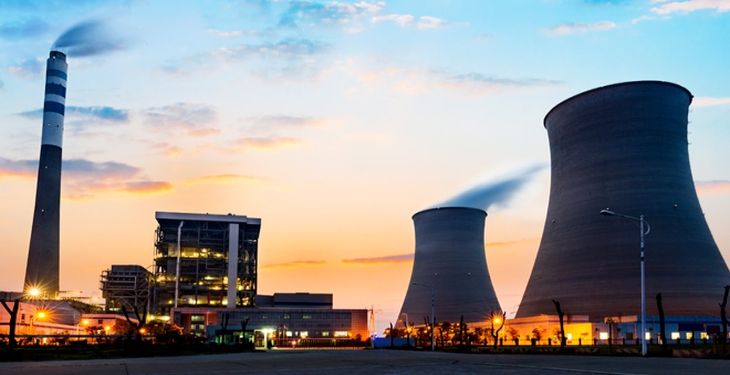The German Council of Economic Experts is calling for the country’s last nuclear power plants to remain in use until the current energy crisis is definitely over. The economy ministry’s proposal to put two of the remaining three reactors into an emergency reserve for grid stability during the first months of 2023 is “not expedient”, the government advisors argued in an op-ed published in newspaper Frankfurter Allgemeine Zeitung.
The reactors should “at least continue to be operated until the energy crisis is overcome in the long term”, they wrote. The council members, who advise the government on economic issues, claimed the ministry proposal “would only incur the standby costs, without realising the benefits of operation.” All options should be considered to further reduce gas-fired power generation, dampen the sharp rise in electricity prices and increase energy availability throughout the crisis, which they expect to last “at least until the summer of 2024,” according to CLEW.
Following a “stress test” conducted by grid operators, the economy and climate ministry, which is led by Green politician Robert Habeck, proposed moving two nuclear plants in southern Germany into an emergency reserve until mid-April 2023 before decommissioning them for good. The third remaining German nuclear power plant would be decommissioned as planned at the end of 2022. The measure would provide the government with more energy policy flexibility in the coming winter but would not fundamentally alter the decision to end nuclear power swiftly, Habeck argued. The proposal was widely criticised both by proponents and by opponents of nuclear power. While industry and many opposition politicians argued that a more comprehensive extension for nuclear power is necessary and that the proposal unnecessarily complicates energy supply, environmental NGOs said that putting the reactors in a reserve amounted to a cancellation of the agreed phase-out model.
